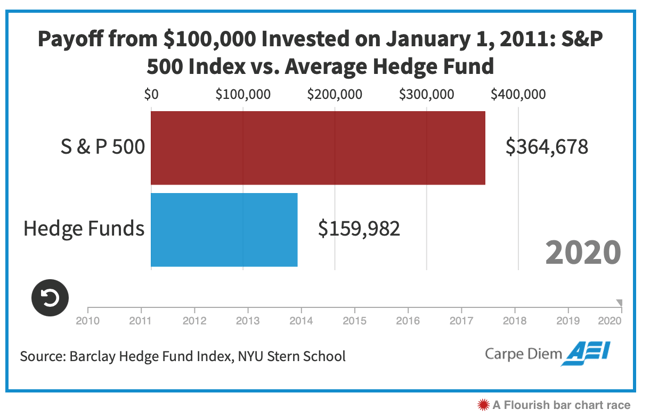

More than ever, everyone is realising the importance of controlling their own happiness.
It’s made me think back to a Bill Gates interview where he says happiness comes down to 5 things:
Talking to your future self, following through on commitments, giving to others, exercising and putting family first.
Are you in control of your own happiness?
Happiness research fascinates me, and I’m not alone. Many of the insights uncovered by economists and psychologists have caught on with the general public, influencing countless life decisions.
Do you favour experiences over possessions?
Do you pause occasionally to ponder the good things in your life?
Whether you realise it or not, you’ve likely been influenced by happiness research. It turns out there are two popular insights we potentially need to unlearn - because they haven’t been held up to close scrutiny:
- Have you heard that happiness caps out at an income of $75,000 a year?
- Or that 50% of life satisfaction is pre-determined by a 'happiness set point' we unknowingly have? And 10% by our life circumstances? The rest is up to us.
Both ideas are appealing.
It’s comforting to think those with far higher incomes aren’t necessarily happier, and that we have plenty of room to improve our own happiness.
This likely explains why these two notions have become so popular, but two recent studies suggest neither may be true.
New research debunks the first idea about the $75,000 ceiling, and a 2019 study about what determines our well-being argues there may be less room for us to influence how happy we are or will be.
The bottom line? We don’t have as much control over our happiness as we’d like to think.
But that doesn’t mean we can’t boost our happiness by, say, those tips Bill Gates mentions, avoiding unnecessary financial stress and favouring experiences over possessions.
On the topic of stress, recent volatility in the markets means more fear and greed. Safal Niveshak talks about the biggest killer of investment returns often being ourselves. Our lizard brain – the part of the brain that is responsible for primitive survival instincts such as aggression and fear – is hardwired to behave a certain way.
We make around 35,000 decisions a day - often without thinking too deeply about their consequences. However, it’s never too late to take control and learn how to make smarter decisions for all the new opportunities, challenges and moments of change that await you.
Truth is, money is emotional. Fund managers who tap into the emotions of fear and greed have profited massively, leaving many active investors trailing behind more passive, long-term investors.
 Take hedge funds for example, historically loved by the super-rich. Warren Buffett sums them up perfectly in a 2016 letter to shareholders:
Take hedge funds for example, historically loved by the super-rich. Warren Buffett sums them up perfectly in a 2016 letter to shareholders:
“Costs skyrocket when large annual fees, large performance fees, and active trading costs are all added to the active investor’s equation. Funds of hedge funds accentuate this cost problem because their fees are superimposed on the large fees charged by the hedge funds in which the funds of funds are invested.”
Comparing the S&P 500 with hedge funds over the last 10 years, which would you rather have invested in? More money, less stress and ultimately more happiness? Or the total opposite? You’d be surprised how many ‘smart’ investors would opt for the latter!

As always, and true to my own military roots, the final word is taken by former senior British Army officer, inspirational leader and Ironman champion David Labouchere on 'Foundational Sleep'.
Sleep is the foundation of good health and leadership. Let’s celebrate those who orchestrate an agile balance between an emotionally rich life, good nutritional habits with ritualised physicality and great output at work.
A question for you
Ask yourself - if you met someone exactly like yourself with the...
...same experiences
...same resources
...same problems
what advice would you give them?
This week's meditations
"Maturity is learning how to start when you feel like procrastinating and learning how to listen when you feel like talking."
- James Clear"Give away the credit. Take the blame.
Decrease judgement. Increase awareness.
Surround yourself with good thoughts, good people, and good ideas."
If you liked this post, please share it using the social buttons at the top, or just forward them this blog.
Have a great weekend and enjoy the ‘light’ reading!
'Boosting Happiness' on HumbleDollar
Matthew A. Killingsworth's research article 'Experienced well-being rises with income, even above $75,000 per year'
Nicholas J. L. Brown's paper 'Easy as (Happiness) Pie? A Critical Evaluation of a Popular Model of the Determinants of Well-Being'
Jonathan Clements' '15 Ways to Happy'
Safal Niveshak on 'The Biggest Killer of Investment Returns'
Mark J. Perry's blog 'The SP 500 index out-performed hedge funds over the last 10 years. And it wasn’t even close'
David Labouchere's article 'Foundational Sleep'
